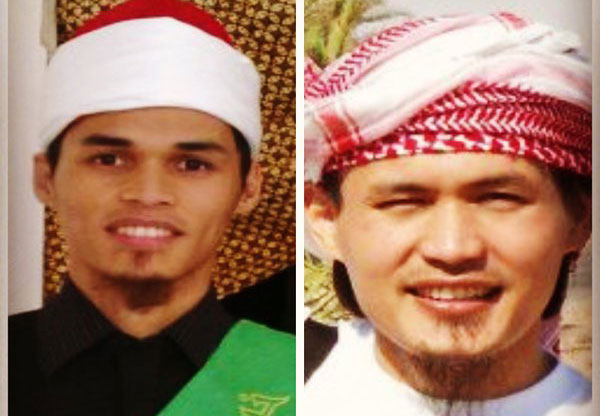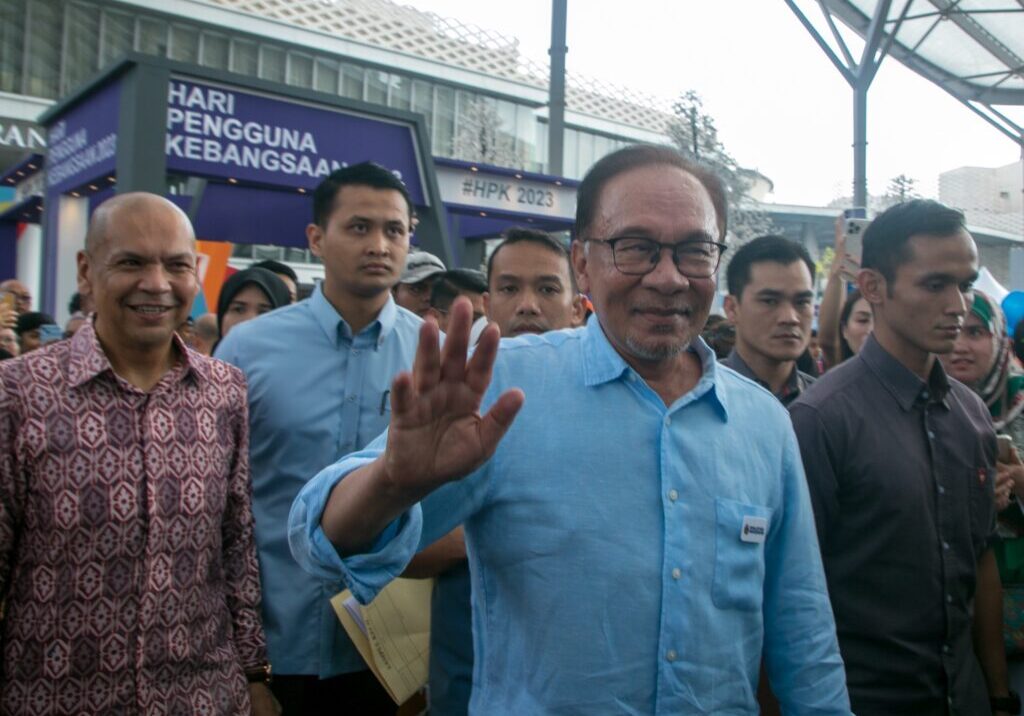Australia/Israel Review
Asia Watch: Mixed signals on new jihadist offshoot
Jan 9, 2017 | Michael Shannon

Michael Shannon
Controversial Philippines President Rodrigo Duterte has two distinct sides. A man who still weeps at his mother’s grave and has fierce loyalty to the humble folk of his home region Mindanao, yet is unflinching in authorising brutal extrajudicial assaults on the drug trade that have already cost over 3,500 lives in less than six months, because he sees it as part of an international phenomenon that has ravaged Philippines society.
Likewise, Duterte has expressed sympathy with the historic grievances of minority Muslims in Mindanao and would prefer talks to war with armed Islamist groups. But groups that have aligned with international Islamist franchises, whether al-Qaeda or Islamic State, can expect less sympathy.
Duterte has recently been warning about the possibility of Islamic State taking root in the Philippines, saying his country needed to avoid their “contamination”, as did Malaysia and Indonesia.
“This is our problem now. The ISIS, these extremists, are fighting it out in Aleppo and Mosul… Once they run out of land base, they would retreat to the sea and escape,” the President told a gathering of poor residents in Mandaluyong City on December 7.
“And they have this dream of a caliphate kingdom that would be comprised of Indonesia, Philippines, Malaysia and Brunei,” he added.
Duterte’s remarks came on the day the Jakarta Post reported the warning of the Indonesian military (TNI) that IS has been working to create a fully fledged wilayat or province in Mindanao, which borders Kalimantan and Sulawesi, posing a serious security threat to Indonesia.
Duterte’s warnings also came in the wake of a large military offensive against an Islamist terror offshoot dubbed the Maute Group, led by Omar and Abdullah Maute, who have called for people to refer to them as Dawla Islamiyah, or Islamic State. The group has been listed on the website of the Islamic State in Syria as supporting the fight to create a Muslim caliphate, and has attracted support from the Bangsamoro Islamic Freedom Fighters (BIFF) and Ansar Kilafa Philippines (AKP), whose leader Tokboy has pledged his group’s allegiance to Isnilon Hapilon, head of the Abu Sayyaf Group, and considered the emir of the so-called Islamic State in the Philippines.
Five months ago, the armed group was flushed out of the small town of Butig in Lanao del Sur, central Mindanao, after the military captured Camp Darul Iman. The camp had been occupied by the Maute Group after the Moro Islamic Liberation Front (MILF) abandoned it while pursuing peace negotiations with the government.
The Government blamed the Maute Group for a September 2 bombing at a street market in Davao City, President Duterte’s hometown, that killed 14 people and wounded dozens. Several suspected members of the group were arrested a month later and, according to the Defence Minister, video clips were found of them pledging loyalty to the Islamic State cause.
Direct hostilities kicked off again in late November after armed Maute insurgents again massed in Butig, occupying several key buildings and even raising a black IS flag. In a five-day siege, the military pounded rebels holed up in a disused municipal hall with artillery and bombs. The army said 30 security forces were wounded and 61 rebels killed in the operation.
At the same time, while visiting a tactical command post in Lanao del Sur on November 30, Duterte put out feelers for peace with the rebels. “I plead to all of you Muslims, Moro political leaders, men of influence, scholars, we can continue talking and try to sort [things] out,” he said, questioning why the group would subscribe to a system of belief that comes from the Middle East, far removed from the Moro experience. “I did not want to wage a war against my own countrymen. Please do not force my hand.”
Only minutes after the President’s helicopter left the area, an emissary left for Butig and met with the Maute Group leadership to extend the President’s offer for peace talks. However, days later the Armed Forces Chief of Staff General Ricardo Visaya indicated that the Maute Group, having retreated to the hilly jungle, has shown no willingness to talk to the Government, much less lay down arms.
On the contrary, videos declassified and shared by the Army show the Maute Group training children in an unconfirmed location. Children wearing ISIS headbands and shirts can be seen chanting, conducting drills and listening to speakers in the clips which were recovered from Maute fighters in the course of the military operations.
President Duterte has vowed not to relent. “When the time comes, it’s going to be a war against terrorism and drugs and I will tell you now, I will be harsh,” he said. “As harsh as I can ever be.”






